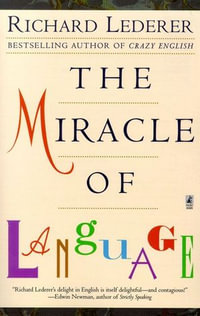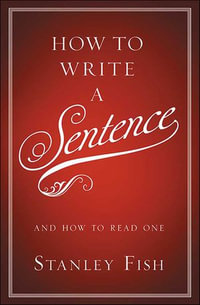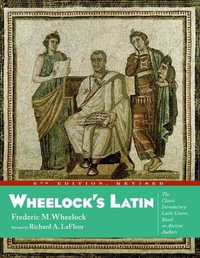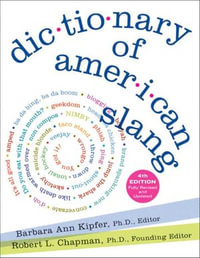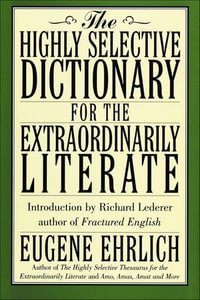
eTEXT
Beyond Principles and Parameters
Essays in Memory of Osvaldo Jaeggli
By: Kyle Johnson, ?I.G. Roberts
eText | 6 December 2012 | Edition Number 1
At a Glance
eText
$169.00
or
Instant online reading in your Booktopia eTextbook Library *
Read online on
Desktop
Tablet
Mobile
Not downloadable to your eReader or an app
Why choose an eTextbook?
Instant Access *
Purchase and read your book immediately
Read Aloud
Listen and follow along as Bookshelf reads to you
Study Tools
Built-in study tools like highlights and more
* eTextbooks are not downloadable to your eReader or an app and can be accessed via web browsers only. You must be connected to the internet and have no technical issues with your device or browser that could prevent the eTextbook from operating.
ISBN: 9789401148221
ISBN-10: 9401148228
Published: 6th December 2012
Format: PDF
Language: English
Publisher: Springer Nature
Edition Number: 1
